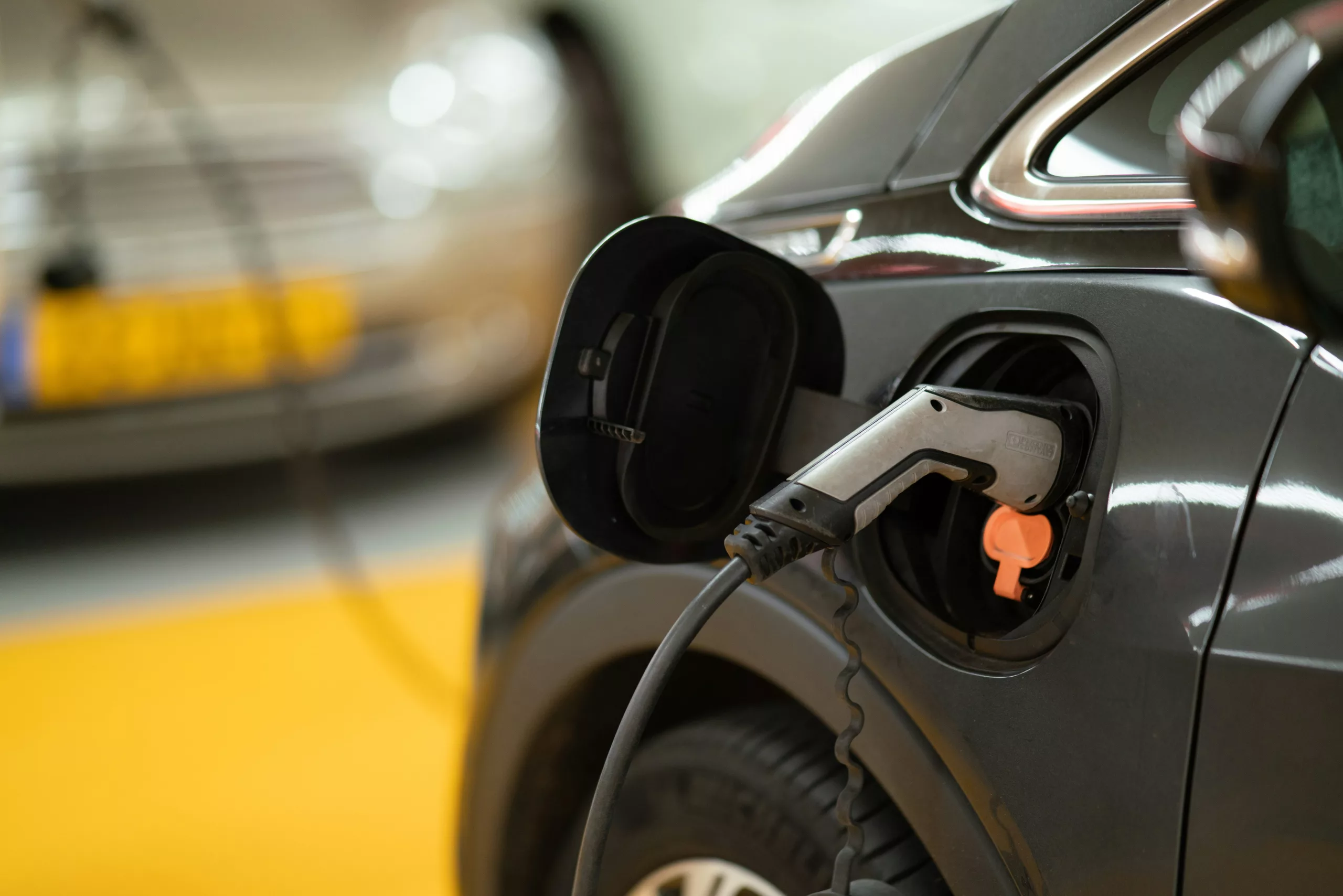For those not constantly tuned into the echo chamber of skepticism, the prevailing narrative casting doubt on electric vehicles (EVs) might seem puzzling. Critics, including Bryan Dean Wright, a former CIA officer and podcast host, are voicing concerns over the environmental implications, national security risks, and perceived safety issues associated with EVs, suggesting they fall short as a successor to gasoline-powered vehicles.
Unpacking the Environmental Debate over EVs
Bryan Dean Wright has raised the issue that electric vehicles may not be as “green” as advertised, particularly due to the extensive mining required for battery minerals such as cobalt, lithium, and nickel. The extraction of cobalt, largely from the Democratic Republic of the Congo, involves child labor—a grave human rights issue also tied to Chinese control of the mines.
Furthermore, Wright spotlights the intensive water consumption required for lithium extraction in the arid landscapes of South America. Nickel mining, with its significant environmental toll, adds another layer to the concerns surrounding the production of EV batteries, with Indonesia as one of the primary locales. Wright calls attention to China’s dominant role in refining these minerals, hinting at wider geopolitical ramifications.
National Security and Technological Challenges
Leaving the mines behind and stepping into the vehicle, Wright forewarns of national security vulnerabilities inherent in EVs, referred to as “computers on wheels.” He suggests the connectivity features heighten the risk of cyber threats. To bolster his argument, Wright mentions a patent application filed by Ford that points to potential overreach in vehicle control.
Wright also fears China’s influence, noting its significant stake in the mineral resources, refinement, and manufacturing sectors for EVs. He argues that China’s subsidization of its EV industry allows for undercutting competitors in global markets, which could undermine manufacturing in the U.S. and Europe.
Concerns About EV Safety and the Future of Mobility
The dialogue about electric cars takes a turn towards safety with Wright’s assertion that the heavier weight of EV batteries contributes to a higher incidence of tire wear and infrastructure damage. He references research from a think tank, which he states indicates an increased risk of fatality in accidents involving EVs due to their battery weight.
In contrast to such warnings, the Biden administration champions the transition to electric vehicles, promoting domestic investment and the creation of jobs with a vision to make half of new vehicle sales electric by 2030—exemplifying the push towards cleaner transportation.
Wright’s Perspective on the Bigger Picture
Despite these promotional efforts, Wright remains cautious, convinced that the rise of EVs presents a national security threat with China’s encroaching dominance. He views the EV sector as a battleground where economic and geopolitical dynamics intersect with environmental considerations, urging for more candid discussions about the industry’s influence on global affairs.
In reviewing Wright’s remarks, it becomes evident that the EV debate is multipronged, often entwining ethical, environmental, and strategic dimensions. By dissecting such critiques, we can engage in informed discourse, prepared to counter misinformation and advocate for balanced views on the sustainable transformation of transportation.
